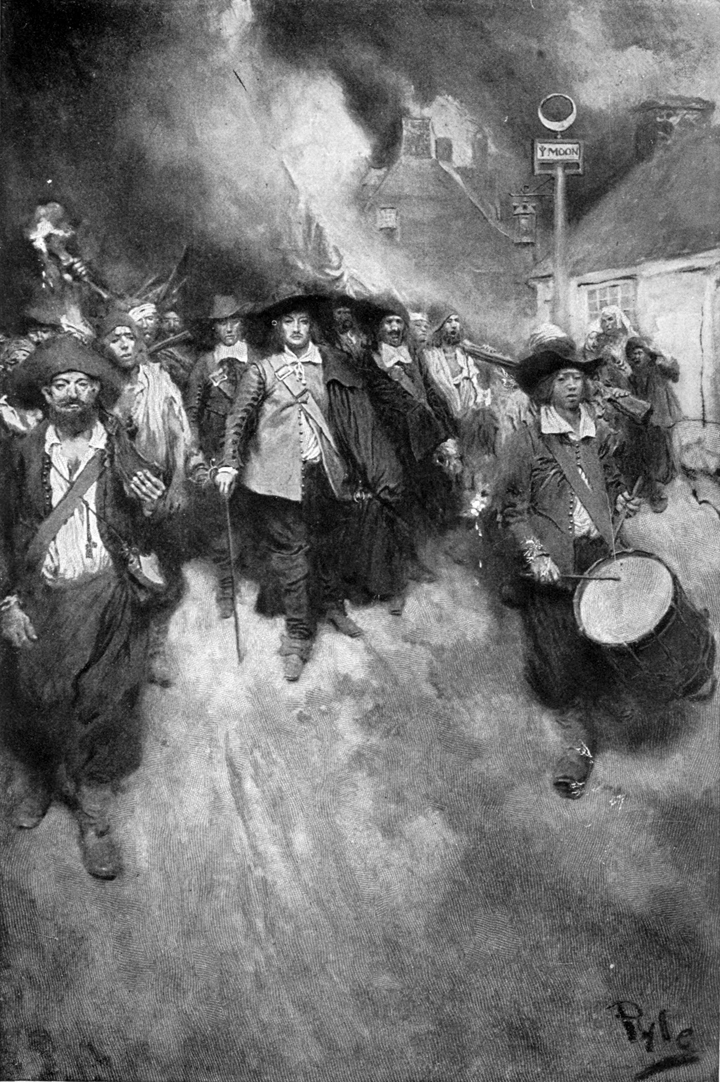Foundations of American Bourgeois White Male Supremacy
In The Invention of the White Race Volumes I & II, Theodore W. Allen offers a historical materialist analysis of racial slavery; a system put in place in the decades following the second phase of Bacon’s Rebellion in 1676 when an army of European and African chattel bond laborers burnt Jamestown to the ground and temporarily drove Governor Berkeley into exile across the Chesapeake Bay. In a conscious response to labor solidarity the plantation bourgeoisie enacted a series of laws and practices in the late 17th and early 18th century which first put in place the system of white racial privileges which enabled the imposition of racial slavery and “white” male supremacy.

